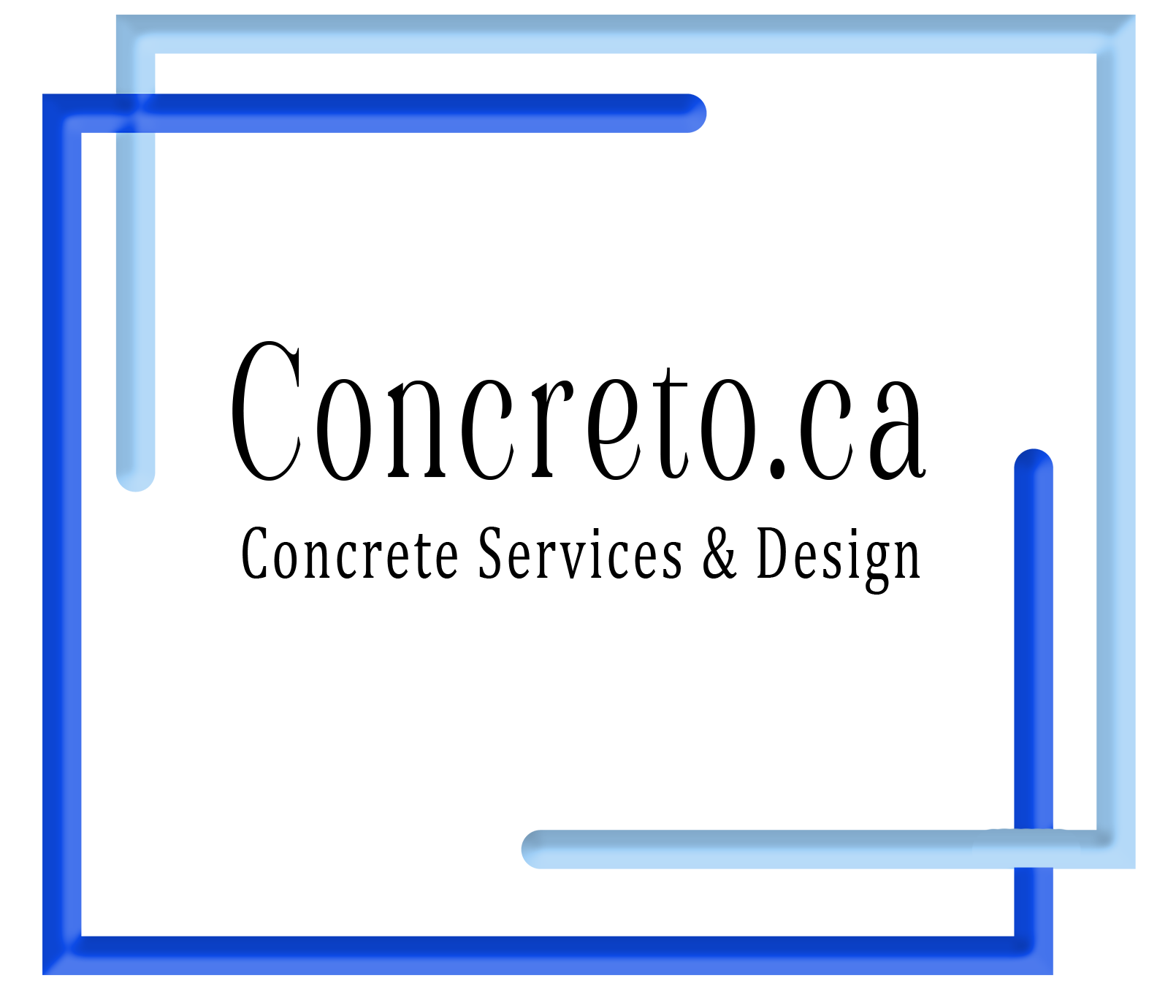Let’s get started on your sequin walls concrete wall today! We offer free consultations for concrete walls and slabs including a detailed estimate. With Valroc, you’re already in the driver’s seat.
Are You Ready to Get Started?
Concrete Wall and Slab Services
The CK Concrete administration team is ready to take your call and have one of our estimators come to your location. This way we can spend time getting to know you, your specific concrete wall needs and provide insight on the job requirements. This will also give you an opportunity to ask any questions that you might have about the concrete contractor job such as:
- What material is required to build a concrete wall?
- How long does it take to complete concrete wall construction projects?
- What options are there for concrete wall texture?
- Can you link me to some concrete design ideas?
- Will the concrete contractors have insurance?
- What should be the weather conditions to pour / or place concrete?
- How do you pour a concrete slab?
- What are the concrete slab types?
Types of Concrete Walls
- Retaining Walls: Segmental retaining walls consist of interlocking concrete blocks. They are used primarily to provide a secure front that holds soil. With the ability to construct high walls in a wide variety of colors and textures, even the largest outdoor gardens and landscape can be accompanied by concrete. They are ideal for slope support, but also for widening driveways, walkways, or patios.
- Decorative Walls: Decorative concrete stamping can add aesthetic and beauty to any concrete surface, including walls. Using a combination of quality cement and lightweight overlay materials, our team of professionals is able to turn a concrete wall into a work of art. We apply a thick layer of special mix to the surface, allowing deep rock textures, wood-grain patterns, and many other imprinted designs to make a lasting impression.
Concrete Slabs
Concrete slabs are used to support a wide range of things from hardscape construction projects to pedestrian traffic to trailer-trucks. Because of their variety of purposes and support requirements, we carefully plan our concrete slabs before each placement begins. Because the installation takes place when the concrete is being set, it is time sensitive and a job only for professionals.
Curing
Curing is essential for two main reasons;
- It retains the moisture that concrete needs to gain strength
- It delays shrinkage during drying until the concrete has the strength to resist shrinkage cracking.
Our concrete professionals have mastered the curing process to ensure the maximum strength, durability, water tightness, and wear resistance of your finished concrete. First, we flood the concrete to prevent evaporation. Then, using water retaining methods, we cover with sand and keep it continuously damp. As soon as the concrete is hard enough to resist surface damage, we apply a plastic film seal or waterproof paper, depending on the project. The chemical application is made soon as the concrete is finished. After every step of the concrete curing process is finished, strength, durability, water tightness and wear resistance will be achieved.
